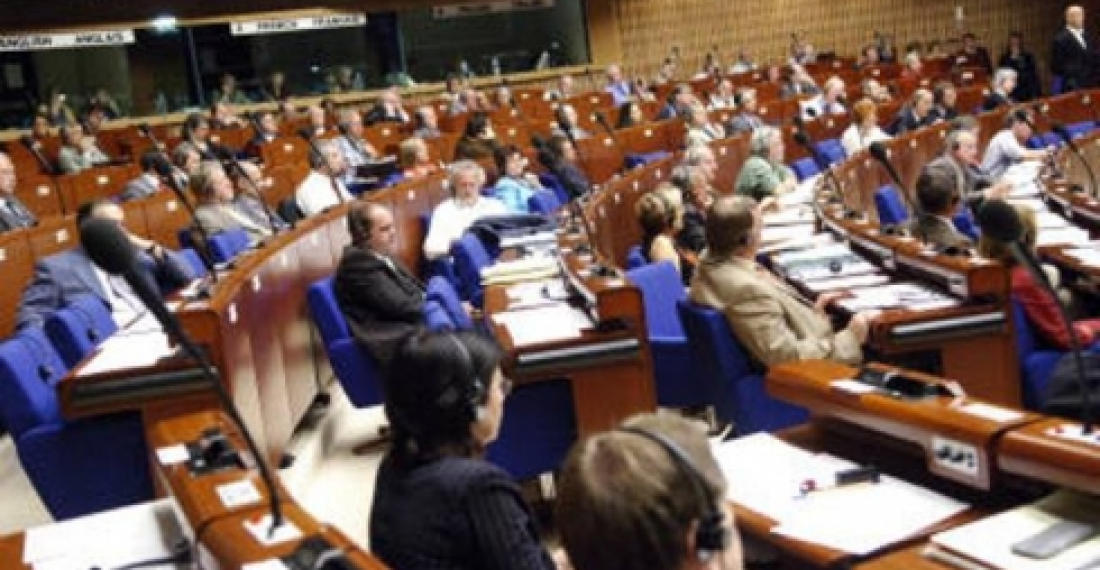Парламентская ассамблея Совета Европы (ПАСЕ) вряд ли возобновит специальный комитет по Нагорному Карабаху. Выступая перед журналистами накануне сессии Парламентской ассамблеи на этой неделе в Страсбурге, нынешний президент ПАСЕ, Жан-Клод Миньон, заявил журналистам: "То, что я могу сказать вам лично от себя, а не от имени бюро, но лично я не в пользу продления этого специального комитета, потому что у нас есть Минская группа", сказал он. "Я не вижу смысла в размножении структур, занимающихся одной и той же проблемой. Если у вас есть уже одна структура, то она должна делать свою работу", сказал он.
Он считает, что создание еще одной структуры, которая будет добавлена к уже существующей, будет только порождать путаницу. Он подчеркнул, что имея дело с чувствительным вопросам, "последнее, что нам нужно, это путаница. Нам нужна последовательность и эффективность".
Политический редактор Commonspace.eu сказал, что "создание комиссии ПАСЕ по Нагорному Карабаху была попыткой Парламентской ассамблеи использовать парламентскую дипломатию в поддержку мирного процесса в Карабахе. С самого начала же было ясно, что ПАСЕ не был правильным механизмом для такого предприятия. Комитет был в значительной степени неэффективным и часто служил просто, как место для позерства сторонами конфликта. Работу Комитета в настоящее время также обогнали события вокруг. Создания парламентской ассамблеи Евронест, который объединяет Европейский парламент с парламентами стран Восточного партнерства, в том числе Армении и Азербайджана, воспринимается, как гораздо более эффективная основа для такого рода работы. В международном сообществе существует также мнение, что Совету Европы необходимо переориентироваться обратно к ее основной повестке дня, которая является защита прав человека и демократии в Европе. Было много критики в последнее время в связи с неспособностью ПАСЕ заниматься более решительно вопросами прав человека на Южном Кавказе. Существует мнение, что этот комитет может отвлечь ПАСЕ от своей основной миссии, и поэтому лучше не продлевать его.
Источник: commonspace.eu по материалам news.am и агентств.
Фото: Парламентская ассамблея Совета Европы на сессии (фото из архива ПАСЕ)
Commentary
ПАСЕ скорее всего не возобновит комитет по Нагорному Карабаху







